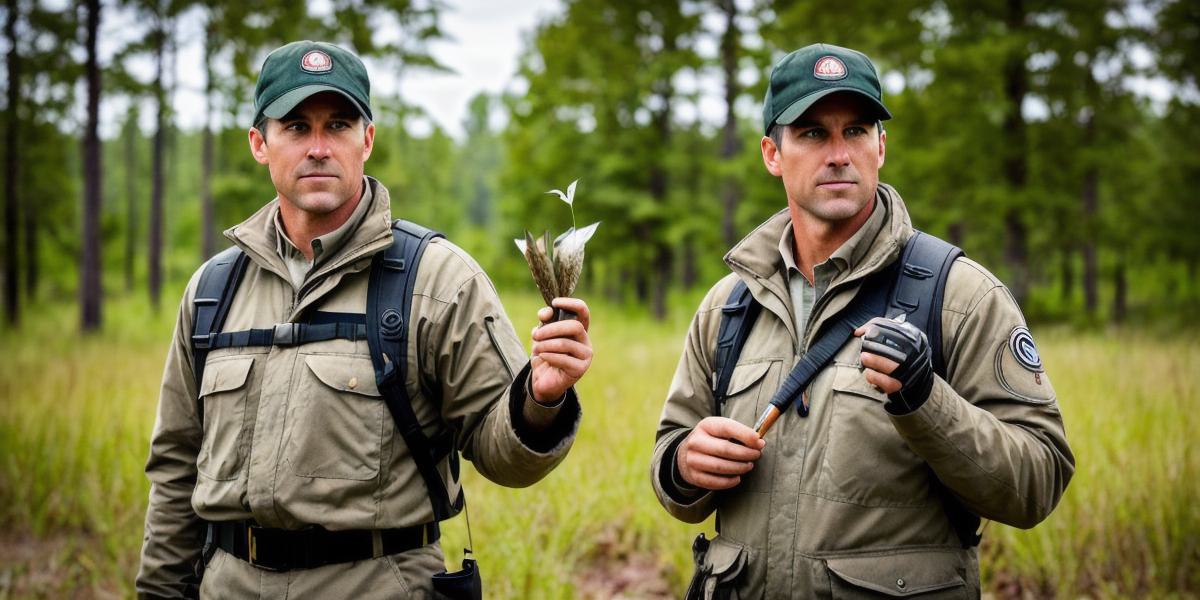The Ultimate Guide to Blowing a Short Reed Goose Call
Introduction:
Goose hunting is an exciting and rewarding activity that many hunters enjoy. One of the essential tools for successful goose hunting is a short reed goose call. This type of call can be challenging to blow, but with the right technique and practice, anyone can master it. In this guide, we will cover everything you need to know about blowing a short reed goose call, including tips and tricks, common mistakes, and expert advice.
The Importance of Breath Control:
Breath control is crucial when blowing a short reed goose call. You need to be able to hold your breath for an extended period while producing a clear and consistent sound. To achieve this, take slow, deep breaths through your nose, and exhale slowly through your mouth. Practice breathing exercises to improve your lung capacity and control.
Choosing the Right Call:
There are many different types of short reed goose calls available on the market, each with its unique features and characteristics. Some popular options include diaphragm calls, reed calls, and push-button calls. It’s essential to choose a call that feels comfortable in your hand and produces a sound that you find appealing. Try out different types of calls to find the one that works best for you.
Proper Call Technique:
To blow a short reed goose call correctly, start by placing your mouth on the mouthpiece of the call. Use your tongue to block any air from escaping through the back of the call. Take a deep breath in through your nose and slowly exhale through your mouth while pushing down on the diaphragm or push-button of the call. This will create a clear and loud sound that will attract goose hunters.
Common Mistakes to Avoid:
There are several common mistakes that hunters make when blowing a short reed goose call, including overblowing, underblowing, and not using proper breathing techniques. To avoid these mistakes, practice regularly and pay attention to your breath control and call technique. Also, try to maintain a relaxed and focused mindset while hunting.
Expert Advice:
According to expert hunter and guide, "Blowing a short reed goose call requires patience and practice. It’s not an overnight skill, but with dedication and determination, anyone can learn how to blow a successful call."
Real-Life Examples:
One real-life example of the effectiveness of a well-blown short reed goose call is the story of hunter John Smith. John had been struggling with his call technique for years, but after taking a class on blowing goose calls and practicing regularly, he was able to attract a large flock of geese during his next hunting trip.
Conclusion:
Blowing a short reed goose call is an essential skill for any serious goose hunter. With the right technique, breath control, and practice, you can create a sound that will attract more geese than ever before. Remember to choose the right call, maintain proper breathing techniques, and avoid common mistakes. With dedication and determination, you too can become a master goose caller.
